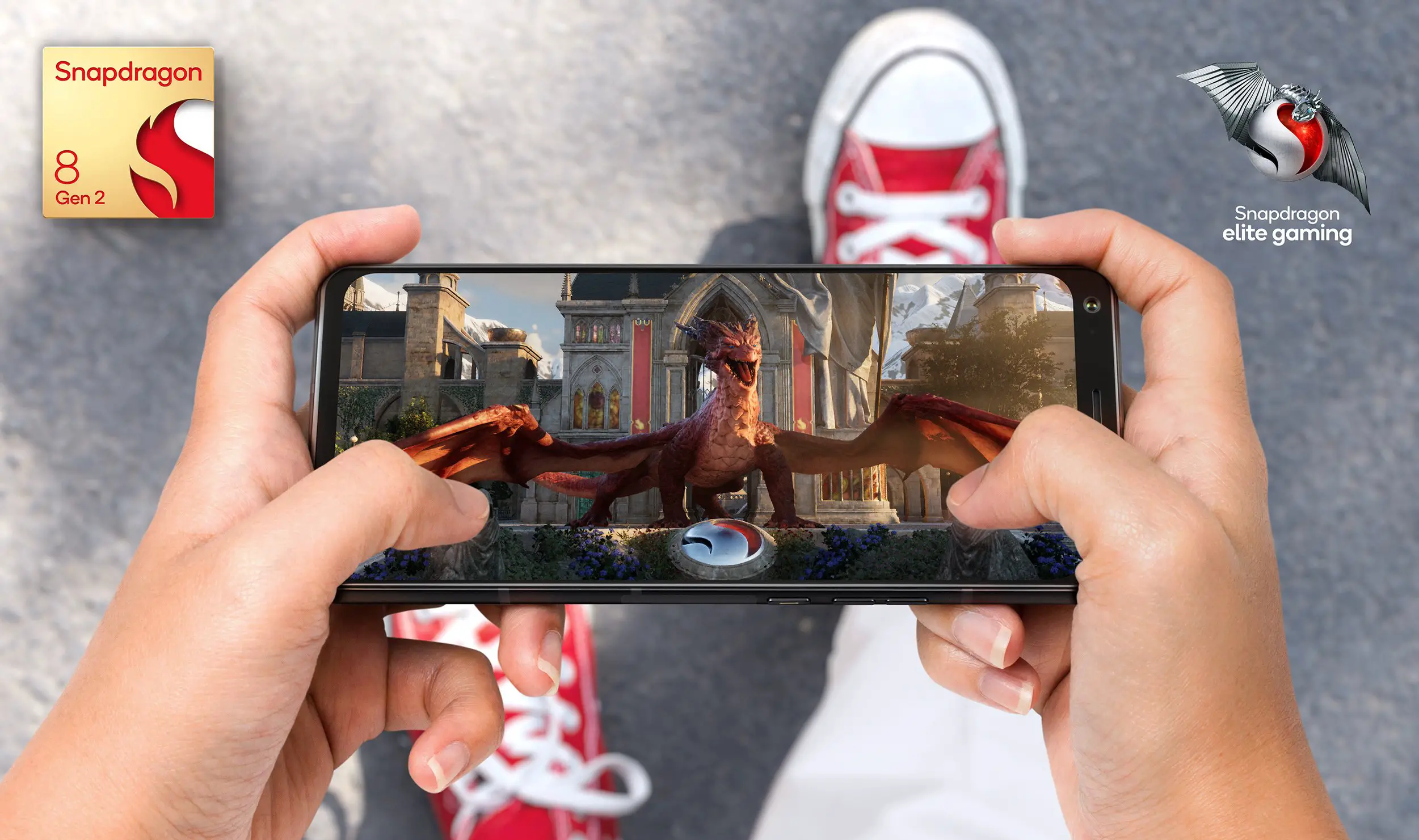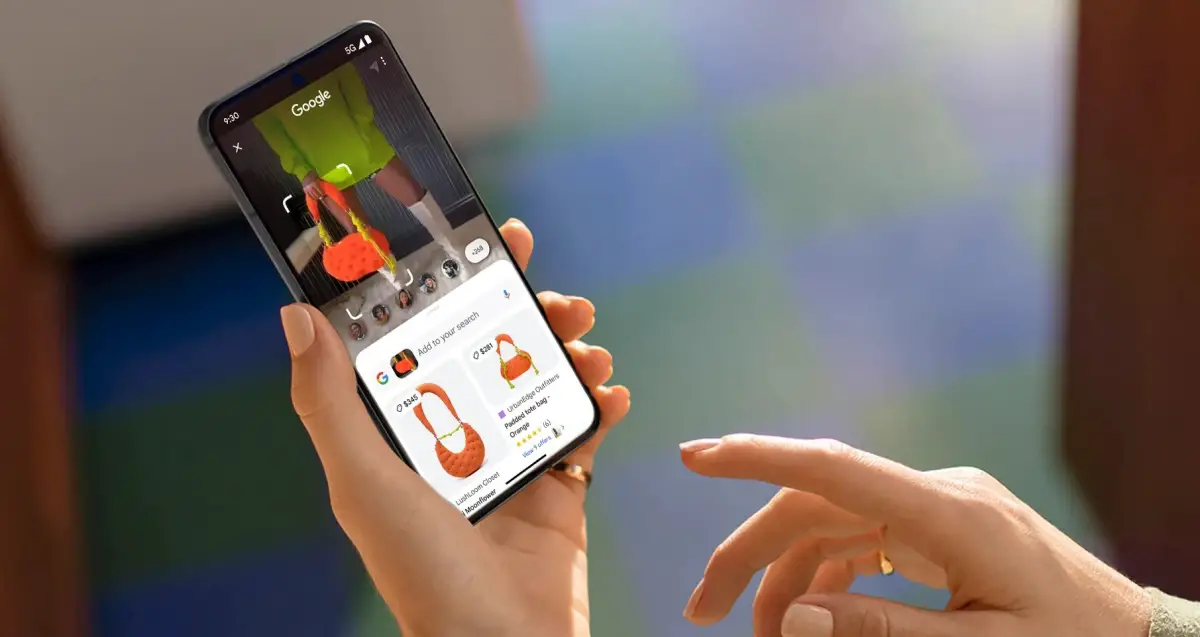[ad_1]
The smartphone landscape has evolved considerably since the early days. Back then, phones were so different from each other that the differences would be quite obvious. The market has since evolved to the point where there are only a handful of chipset makers, with Qualcomm pretty much dominating the scene.
This means that as long as a phone is using the latest flagship Qualcomm chipset, you can more or less expect similar performance across the board. But then AI came into the picture and we think that’s where the battle between smartphone makers truly begins.
We’ve reached peak hardware

Every new chipset release will undoubtedly bring about performance improvements. Unfortunately, those improvements are generally incremental and any differences can’t really be seen or felt by the average smartphone user. Benchmarks can help paint a pretty picture, but at the end of the day, can you really tell the difference?
Not to mention, the Android ecosystem has become somewhat homogenous. The majority of flagship phones tend to share similar hardware in terms of chipset and RAM. Cameras are where things get a bit more obvious, but as Google has demonstrated multiple times over the years, good software can more than make up for the lack of megapixels.
This means that the main reason why someone might choose one model over another would be its design and price, and which company has the better marketing campaign.
The difference in software
Software is where phone makers can better set themselves apart. But with the underlying platform being Android, there’s really only so much phone makers can do, kind of like a coat of paint. Unfortunately, these surface-level changes don’t really offer up much in the user experience or bring anything super unique to the table. Plus, with Android being so customizable, it’s not that hard to just download a new launcher and ditch the default UI for something else.
AI innovation

This is where we believe AI comes in. With AI, our phones are starting to feel truly “smart”. Being able to automate tasks, or do something that would otherwise take us several steps is astonishing. We’ve already seen great AI implementation examples from the likes of Google. Samsung is also introducing AI to its latest flagship phone, the Galaxy S24 series.
It brings features like being able to translate a live phone call, automatically transcribing and translating voice recordings, making photo editing a breeze with a simple tap or two, and being able to search for anything you see on your screen.
Google is also expected to integrate its Bard AI into Google Assistant. This will definitely change the way we interact with the virtual assistant. If you’re familiar with Google Bard or ChatGPT, imagine being able to pull it up anytime on your phone and get answers that are actually relevant.
Don’t get us wrong, hardware is still important. Powerful hardware is required to process AI requests, but we think that it will start taking a backseat to the software experience.
Potential issues
One of the issues we foresee, at least in the early days, would be the fact that not all smartphone makers might be willing to invest resources into developing their own AI. There is a lot of cost involved in developing AI, plus the servers it would take to process it. Also, not all phone makers necessarily have the know-how.
This means that for some phone makers, the AI experience could be less than satisfactory. Alternatively, some might go down the Samsung route and work with Google to integrate AI. Google will probably at some point start introducing more AI features into future versions of Android, giving these phone makers a basic place to start.
This also means that there is a chance that in the end, we could be back where we started where a lot of phones end up sharing similar AI features. It’s not necessarily a bad thing, but it does diminish the uniqueness.
Conclusion
AI will definitely change the way we use and interact with our smartphones. The technology is still in its infancy stages and there is a lot of room for potential. Without a doubt, this will be an exciting new frontier for smartphones and we can’t wait to see what the future holds!
[ad_2]
Source link

Leave a Reply